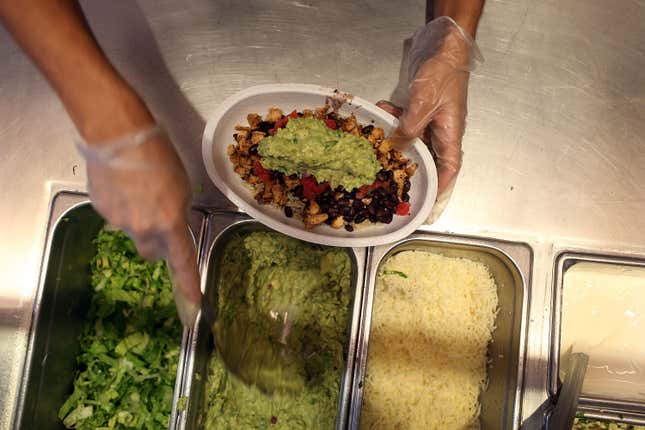No-Contact Food Delivery Is Just Another Reminder We Live in A Dystopia
Latest

In light of the spread of coronavirus, people in cities across the country are being instructed to work from home, practice social distancing, and avoid the few large gatherings that haven’t already been canceled. For a lot of people, self-isolation and more time at home than usual means one thing: food delivery. In recent days, several major food and grocery delivery companies including Postmates, Instacart, and Doordash have announced “no contact” or “drop-off” delivery options, which are exactly what they sound like.
The idea behind “no-contact” delivery options is to minimize contact between the person delivering the food and the customer who has ordered the food by providing the option for the delivery person to leave the food at the customer’s door instead of delivering it into their hands. Although ostensibly the surge in the selection of this option is due to the customer’s worry of being exposed to coronavirus by their delivery person, some food delivery workers have also expressed concerns about coming into contact with sick customers. This week, Instacart, DoorDash, and Postmates have each announced new sick leave policies intended to help compensate workers who are diagnosed with coronavirus, but only Instacart’s policy extends to sick pay for non-coronavirus illnesses.
-

-

-

-

-

-

-

-

-

-

-

-

-

-

-

-

-

-

-

-

-

-

-

-

-

-

-

-

-

-

-

-

-

-

-

-

-

-

-

-








































